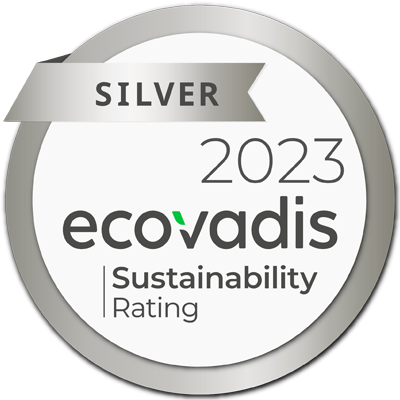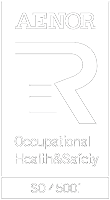“Circular economy” needs a strong Ports’ Electrical Grid
Today’s ports are getting bigger, busier and facing more and more challenges as they plan to stay one step ahead with logistics efficiencies. Automation, connectivity and electrification are among the highest-impact trends. Smart investment in one of the pivotal elements of a dynamic port’s running – its crane cable – has never been more important. The Fourth Industrial Revolution is making itself at home at ports. It is bringing with it increased Data Sharing and ever-increasing Terminal Automation – something that must be welcomed.
The Government announced this summer (2019) that the first new Freeports will be established after the UK leaves the EU, with an advisory panel of senior figures formed to assist their development. Freeports are areas inside the geographic boundary of a country but considered legally to be outside the country for customs purposes – so goods brought into a Freeport won’t face import tariffs.
For the first time in 45 years the UK will be able to operate an independent trade policy, setting its own regulations and policies.
The industry will only get more dynamic as the Government looks to set up 10 Freeports.
Cable choices made now will impact performance, growth and, ultimately, the ability to cope with the automation demands already on the horizon – and those still to come.
Operational excellence combined with the highest standards of safety will define the world’s best ports going forward and cable has a huge part to play. But it’s not just about buying the cable, it’s what comes with it. Even the most advanced cable is of little use if it is not backed by expert installation and a customer service package that ensures the investment keeps on delivering.
Tratos’ advanced technology cable products for ports are helping keep the world’s freight on the move now and are designed to continue to do so. Its reeling cables offer increased reliability, robustness, performance, speed and safety for ports.
The constant demand for increased performance has led to the development of new-breed cranes. Their advanced status is only as good as the cables that make up their ‘nervous system’ and enable power that is combined with speed and pin-point control. Tratos works with its ports’ customers to deliver these advances.
The company is calling on port owners and operators to think carefully about their cable choices. Decisions made now will have a strong bearing on how competitive each port is going forward. Ports can’t afford to buy on price alone. They have to buy now for what the port needs now – and – what it will want tomorrow. There is more at play here beyond port operations, owners have to consider their part in the wider picture and environmental issues are pressing. Ports and the shipping sector must plan for cleaner and kinder operations too. Their operations have a significant impact and, consequently, the switch from diesel driven machines to electrification is an imperative.
With the new breed of gargantuan ships comes a tide of change and challenges and Tratos is working within the industry to find solutions to minimise the impact of these great ships; contributing to the progressive development of alternative maritime power (AMP) systems.
Supplying cables for use in AMP systems to minimise emissions from ships in port is one of the solutions where better ways of working are being found. A heritage of working with the delivery of clean, alternative power and manufacturing cables for wind farms and solar installations throughout Europe positions Tratos and the ports it works with for the next step.
Connecting ships in port to the electrical grid enables crew to power on board services, systems and equipment. As the ship’s power dependency is switched there are advantages – a reduction in noise and emissions. It’s in demand and the most effective means of reducing pollution from ships in port.
Tratos has the cables to mitigate these impacts and play a crucial role thanks to its comprehensive experience and the proven reliability of its marine and port products. Environmental considerations are built in to Tratos’ R&D processes as new, even more efficient and cleaner cable solutions are developed. This level of understanding backs Tratos’ call for port owners and operators to think hard about the best cable investment for future functionality and environmental impact.
Tratos is actively campaigning for change in the following areas:









